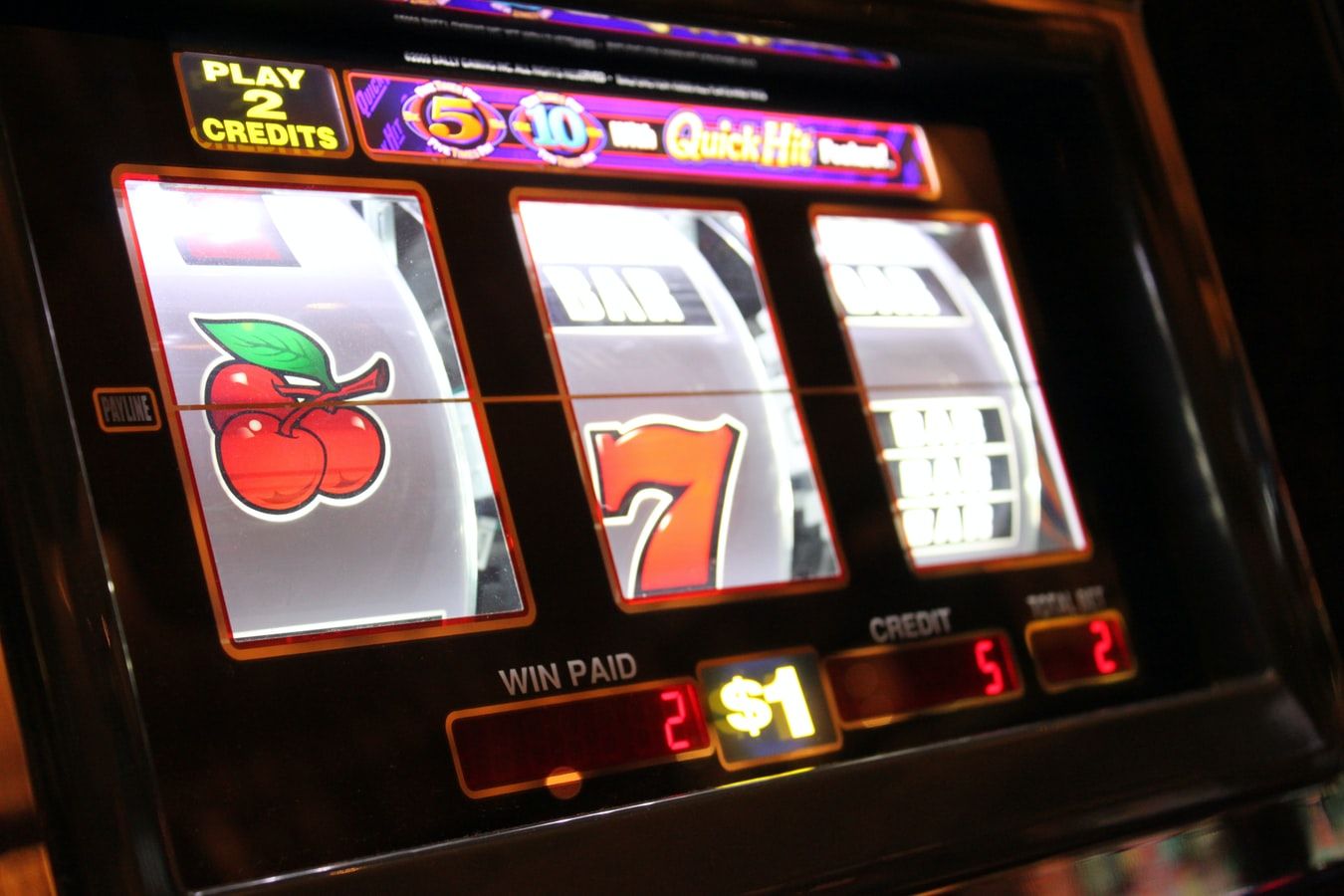
How bingo has stood the test of time

You might think of bingo as a game for grannies, but you could not be more wrong. While the local bingo hall was somewhere older women often gathered for a social evening, this game has an appeal that stretches beyond that demographic. It has retained its popularity throughout the years as other forms of entertainment have come and gone, because it has adapted to changes like the rise of internet gaming. These days there are multiple online bingo sites and you can find lots of information here about them.
Bingo is believed to have originated in Europe during the 16th century. However, it was two centuries after that before it spread across the continent, with ‘Le Lotto’ becoming the game of choice for French aristocrats before being exported to Britain. Here it was adopted by a much lowlier segment of society though and that helped it gain widespread popularity very quickly.
Early escapism
From the start, bingo was used as a way of taking people’s minds off their troubles. Soldiers fighting in the British army during World War One were encouraged to play it for money because the authorities saw it as way of boosting morale and helping them forget about the terrors of war. These soldiers brought their passion for bingo back to the UK with them when the conflict ended and the years between the two World Wars saw it played regularly at working men’s clubs and bingo sites set up on waste ground in poorer parts of the country. At this time it was a game mainly played by men rather than women.
It was not known as ‘bingo’ at first, with that name said to have derived from the word used by customs officers in the UK when they found something during a search. It was then adopted by Hugh J Ward, a businessman promoting the game at fairgrounds in the 1920s, and has been used ever since. However, the initial popularity of bingo among men tells us something important about why it has stood the test of time so well: it has always managed to adapt to changing circumstances and times.
Switch of gender and peak in popularity
Proof of that can be seen in the fact that bingo hit a whole new level of popularity in the UK during an era very different from the interwar years: the mod 1960s. At the beginning of that exciting decade, the 1960 Betting and Gaming Act made public bingo games legal and halls started springing up throughout the country. This was when it was first adopted by women and during the peak years between the 1960s and 1980s there were roughly 14 million players and more than 1,600 halls across the country, putting it easily among the nation’s favourite gambling pastimes. It was still a way for often working class women to relax and have fun at the end of a hard day or week though
Tougher times for bingo
This may make it sound as if the story of bingo in the UK has been one of constant popularity, but in fact the game has survived for so long by weathering big challenges and dramatic slumps in the number of people playing it. Having reached a point where bingo halls were a ubiquitous sight on British high streets by the 1980s, the following decade saw the first real test of bingo’s staying power.
The emergence of the internet and the National Lottery saw a collapse in its popularity and the closure of many of the UK’s bricks and mortar halls. During this era bingo suffered from a perception of being old fashioned and out of date – the game for grannies referred to earlier in this article.
Online bingo adaptability
Having previously adapted to its loss of popularity among men by being advertised as a fun form of gaming for women, bingo recovered from its 1990s slump by reinventing itself for the digital age. The 1990s had seen the earliest online casinos launch and by the start of the new decade many of these had begun to include bingo among their games selection. It was the development of separate online bingo sites that really helped it to recover though, as these were promoted to women whereas online casinos had predominantly male clientele.
Smart female-oriented website designs and the addition of chat rooms where users could talk to other players and exchange tips helped online bingo to retain the social element that made the traditional bingo hall so appealing to women. Furthermore, going digital saw the average age of players drop, with research from YouGov showing that online bingo is most popular among 25-34 year-old women. Thus bingo has rebranded itself as a digital game for a younger generation, even as the bingo halls continue to close.
Bingo has stood the test of time by adapting to wider changes in society, which has seen its appeal shift from men to women and from high street halls to online sites and this will enable it to continue to thrive.



